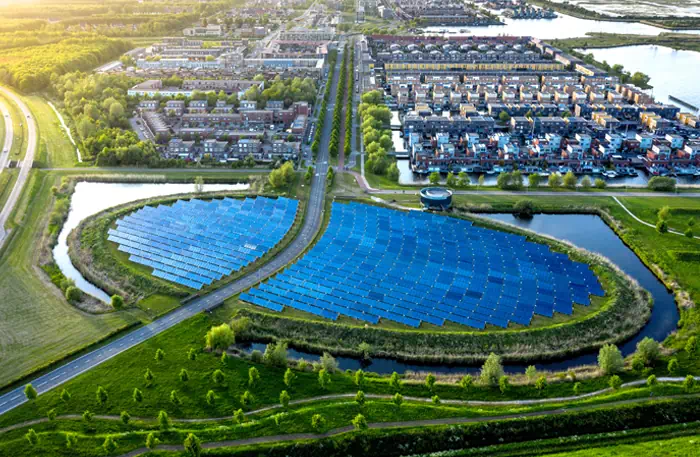
We believe markets are fundamentally mispricing the economic impact of climate change—and that creates a powerful opportunity.
At Redwood Grove, we bring together seasoned public equity investors, with a disciplined, science-informed process. Our strategy is built to consistently uncover companies positioned to outperform as the climate reshapes the economy.
Read more


